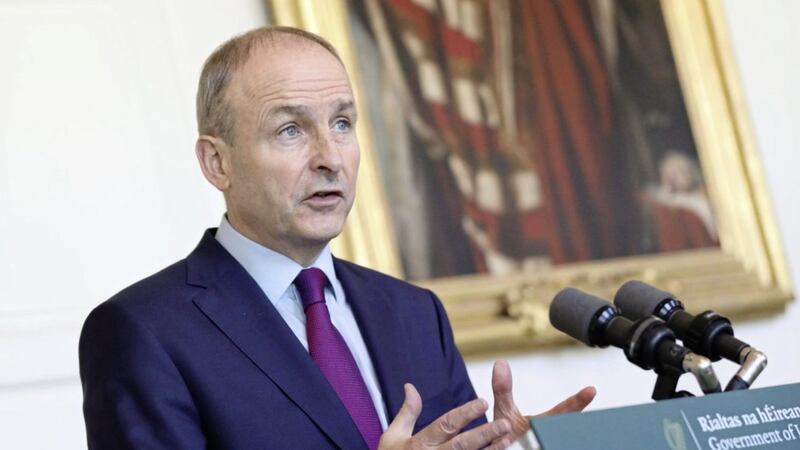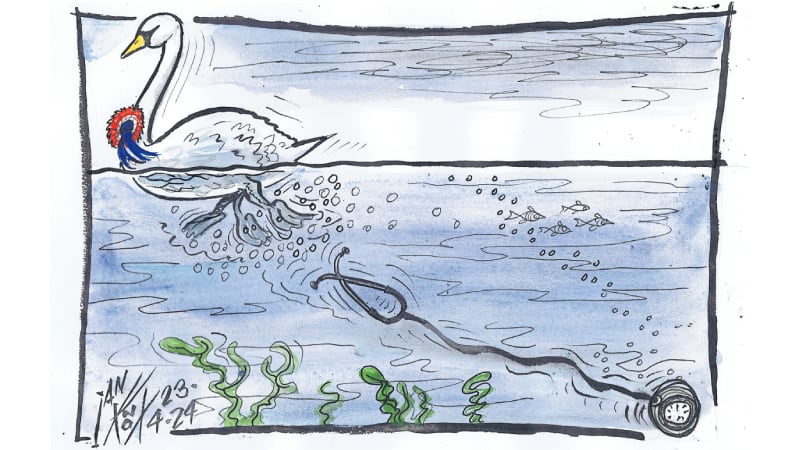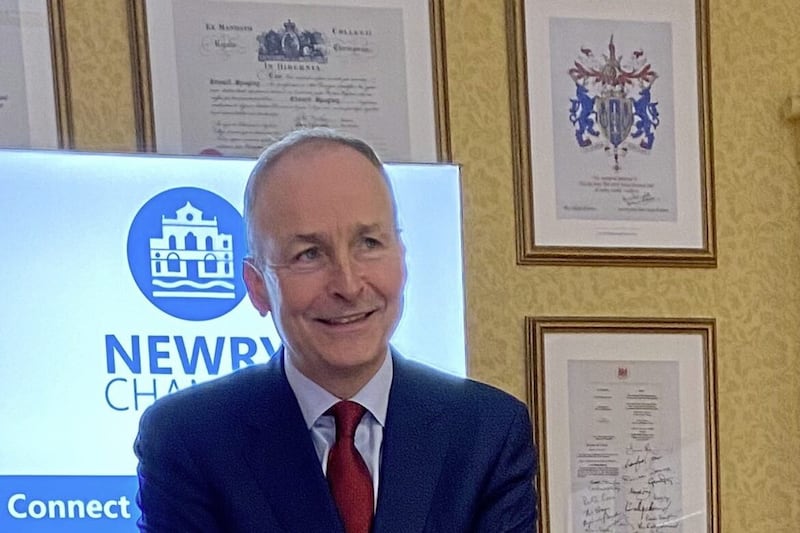ANYONE who voices surprise at what they regard as the limited scope of the new Shared Island Unit as outlined by Micheál Martin yesterday hasn't been listening to what the taoiseach's been saying over recent months. The Fianna Fáil leader has made it clear, including in a recent interview with this newspaper, that his initiative is "not going to increase momentum towards a border poll". At Dublin Castle yesterday, he has also reiterated his opposition to a referendum in the short-to-medium term, confirming a policy that chimes with his SDLP allies north of the border.
The logic of Mr Martin's strategy is that a border poll would be divisive and, whatever its outcome, opinions would be more entrenched and not the basis for building a new Ireland. He prefers the 'softly softly' approach, arguing that if the border is to ever disappear it should do so because its significance is diminished rather than on the basis of simple numerical advantage.
Republicans have disparaged his ideas, arguing that division in the face of binary options is inevitable but ultimately manageable. Both arguments have merit though it's much easier for Sinn Féin to claim their's is a more direct route to united Ireland, while the Fianna Fáil-SDLP approach can be characterised not so much as nationalism but rather a form of benign partition for the foreseeable future.
Brexit has clearly changed the dynamic of the constitutional question, with a united Ireland offering an immediate return to EU membership for those living in the north. It's reasonable to argue therefore that the harder the Brexit, the greater the desire among the north's population for Irish unity. Yet we still have little idea of what the long-term political landscape will look like after the UK severs ties with the EU and can't assume it'll necessarily foster greater support for a united Ireland than has already been demonstrated.
In this uncertain context, therefore, the taoiseach's pragmatic, restrained approach is sensible and more likely to gain broader support on both sides of the border. And while he claims it won't increase momentum towards a border poll, it may nonetheless help convince significant enough numbers that reorienting their political gaze north-south rather than east-west makes better sense. It's a small step – and to some far too small – but if the concept of a shared island gains genuine traction, it could be the most transformative development in cross-border relations since the Good Friday Agreement.
The degree to which unionism, and especially political unionism, engages with the unit is crucial, yet there is a fear that ideological stubborness and the inevitable allegations of Lundyism could kill off any conversation before it even begins – a scenario that ironically is likely to fuel greater support for a border poll.
What's worth noting, however, is that this initiative, with all its apparent shortcomings and drawbacks, goes further than any Dublin administration has for at least a quarter of a century, and for those advocating Irish unification that can only be a good thing.








